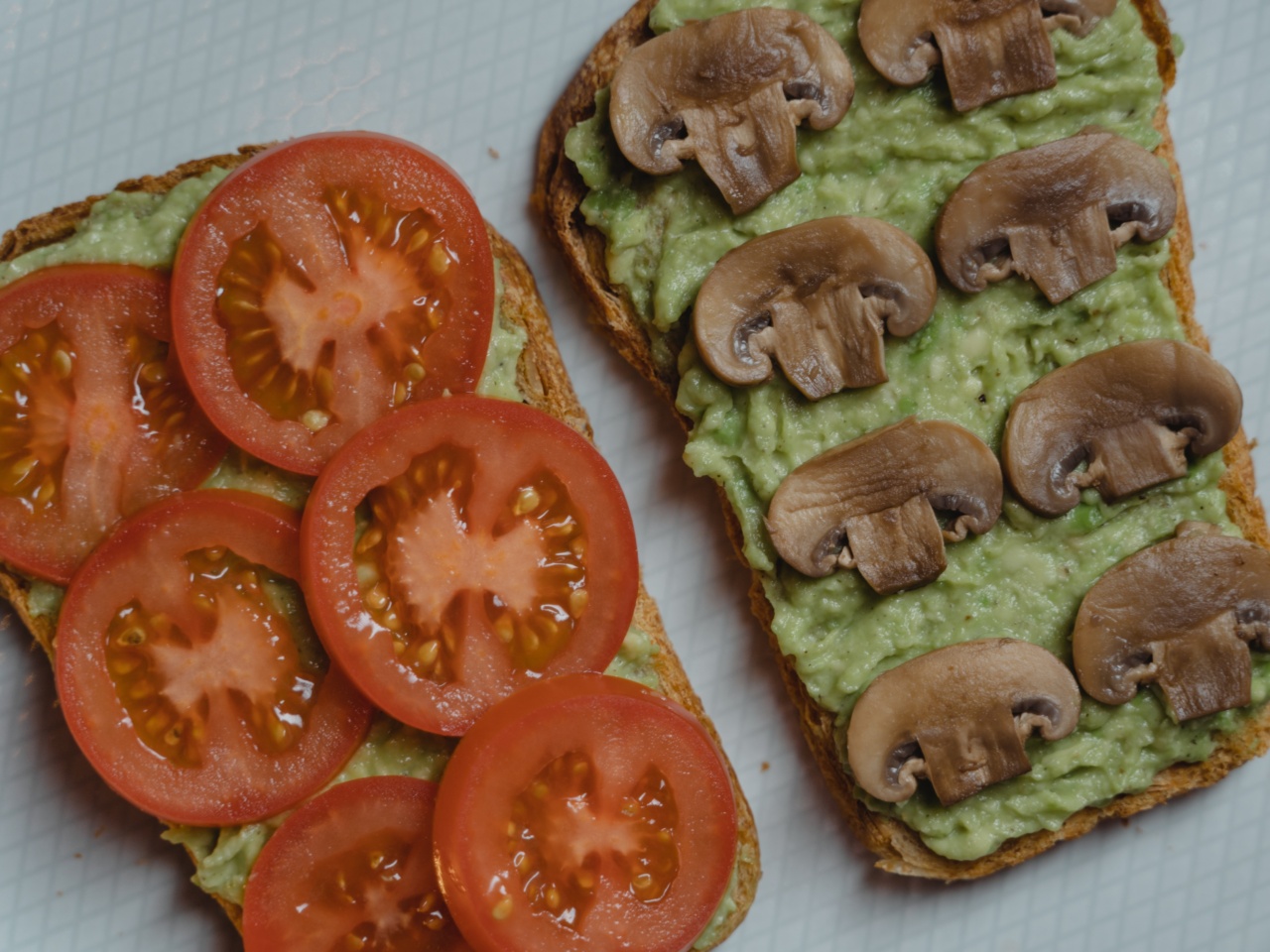Our pets are not just animals; they are our beloved companions and family members. Just like us, they deserve the best care, especially when it comes to their diet.
A heart-healthy diet is essential for your furry friend’s overall well-being, as it can help prevent various heart-related issues and ensure a long, happy life.
The Importance of a Heart-Healthy Diet
Heart disease is a common health condition that affects both humans and animals. In fact, it is one of the leading causes of death in pets.
As responsible pet owners, we have the power to reduce the risk of heart disease in our furry friends by providing them with a nutritious and balanced diet.
A heart-healthy diet for pets focuses on maintaining a healthy weight, reducing inflammation, and supporting cardiovascular health.
It includes nutrient-rich ingredients that promote good heart function and prevent the development of heart conditions that can be life-threatening.
Key Nutrients for a Healthy Heart
When choosing the right diet for your pet, there are several essential nutrients that you should prioritize. These nutrients play vital roles in maintaining a healthy heart and overall well-being:.
1. Omega-3 Fatty Acids
Omega-3 fatty acids, such as EPA and DHA, are known for their numerous health benefits, including promoting heart health. These essential fatty acids help reduce inflammation, lower blood pressure, and support a healthy heart rhythm.
Including omega-3 fatty acids in your pet’s diet can be as simple as adding fish oil or feeding them fish like salmon.
2. Lean Proteins
High-quality lean proteins are essential for pets’ heart health. Protein sources like chicken, turkey, fish, and lean cuts of beef provide essential amino acids and help maintain a healthy weight.
It’s important to choose lean protein options to avoid excess fat, which can contribute to obesity and heart disease.
3. Antioxidants
Antioxidants, such as vitamins C and E, help protect the heart from oxidative stress and damage caused by free radicals.
Including antioxidant-rich fruits and vegetables in your pet’s diet, such as blueberries, spinach, and carrots, can boost their heart health. Just remember to introduce new foods gradually and in moderation.
4. Whole Grains
Whole grains, such as brown rice and quinoa, are excellent sources of fiber and provide essential nutrients for pets. They help regulate blood sugar levels, maintain a healthy weight, and support heart health.
However, it’s important to ensure that the grains are properly cooked and easily digestible for your pet.
5. Taurine
Taurine is an amino acid that plays a crucial role in maintaining a healthy heart rhythm and preventing heart disease in pets. It is found in high amounts in meat sources like chicken, turkey, and beef.
Make sure your pet’s diet includes adequate levels of taurine, especially if they are on a plant-based or homemade diet.
6. Limited Sodium
Excess sodium in a pet’s diet can lead to high blood pressure and other cardiovascular issues. Avoid feeding your pet foods with excessive salt content, such as processed meats or snacks.
Opt for low-sodium alternatives and avoid adding additional salt to their meals.
7. Proper Hydration
Proper hydration is vital for a healthy heart and overall well-being. Make sure your pet has access to fresh, clean water at all times.
You can also incorporate moisture-rich foods, such as wet pet food or homemade broths, to their diet to increase their water intake.
8. Portion Control
Portion control is crucial to maintain a healthy weight for your pet. Overfeeding leads to obesity, which dramatically increases the risk of heart disease and other health issues.
Follow the recommended feeding guidelines provided by your veterinarian and adjust the portion sizes based on your pet’s age, activity level, and overall health condition.
9. Regular Exercise
Along with a heart-healthy diet, regular exercise is essential to keep your furry friend’s heart in top shape. Engage in activities that your pet enjoys, such as daily walks, play sessions, or interactive toys.
Exercise not only strengthens the cardiovascular system but also helps maintain a healthy weight and reduces the risk of heart disease.
10. Routine Veterinary Check-ups
Regular veterinary check-ups are important for monitoring your pet’s overall health, including their heart.
Make sure to schedule routine visits to your veterinarian who can assess their heart function using stethoscopic examinations, blood tests, and other diagnostic tools. Early detection of any potential heart issues can significantly improve prognosis and treatment outcomes.
Conclusion
A heart-healthy diet plays a crucial role in maintaining your pet’s overall well-being and preventing heart-related issues.
By providing the right nutrients, avoiding excess sodium, controlling portion sizes, ensuring proper hydration, and prioritizing regular exercise, you can significantly reduce the risk of heart disease in your furry friend. Remember to consult your veterinarian for personalized dietary recommendations based on your pet’s age, breed, and health condition.
With a heart-healthy diet and proper care, you can give your beloved companion the gift of a happy and healthy heart.






























